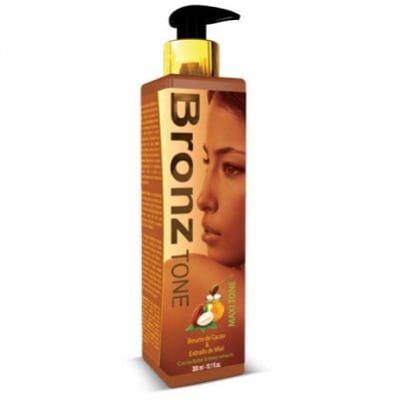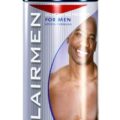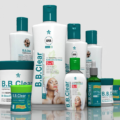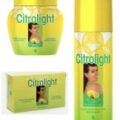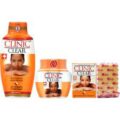Bronze Tone Lotion is a beauty product that lightens and maintains skin moisture, it contains cocoa butter and honey extracts for great skin appearance it lightens and maintains skin moisture. Applying a safe body lotion is one of the few inexpensive ways that people can pamper themselves. Bath body lotion seals moisture into the skin to prevent drying, while body care lotion softens rough elbows and heels, along with other dry areas of the skin.
A quality body skin lotion can work wonders on scaly, dehydrated skin that feels rough and looks unattractive, and hand body lotion works especially well on the hands and feet, but can be applied all over the body. As millions of users will agree, body lotion provides many benefits to people who make time to use it on a regular basis.
What is hydroquinone?
Hydroquinone is a skin-lightening agent. It bleaches the skin, which can be helpful when treating different forms of hyperpigmentation. Historically, there’s been some back-and-forth on the safety of hydroquinone. In 1982, the U.S. Food and Drug Administration recognized the ingredient as safe and effective.
Several years later, concerns about safety prompted retailers to pull hydroquinone from the market. The FDA went on to discover that many of the products in question contained contaminants like mercury. They established that these contaminants were behind reports of adverse effects.
In some cases, hydroquinone has caused a condition called ochronosis. It’s marked by papules and bluish-black pigmentation. This can occur after prolonged daily use. As such, you shouldn’t use products with this ingredient for more than five months at a time. OTC products typically combine hydroquinone with other skin-lightening ingredients.
Does Bronze Tone Lotion Contain Hydroquinone?
Bronze Tone Lotion does NOT contain Hydroquinone. According to available information, ingredients in Bronze Tone Lotion include: Stearic acid, cocoa butter, glycerine, honey extracts and citric acid. The Bronztone Tone MaxiTone face serum contains Shea Butter, Kojic Acid.
Stearic acid, a wax-like fatty acid also known as octadecanoic acid, is an important component of stratum corneum lipids. Stearic acid is also found in cocoa butter, shea butter, and other vegetable fats, as well as animal tallow. As an FDA-approved ingredient in several cosmetic products, it is used as a surfactant and emulsifying agent for fragrance and as the base for other fatty acid ingredients that are synthesized into emollients and lubricants. Stearic acid, when used at high levels (13-16%) has some visual whitening effect on skin in pearlized formulations.
In addition, cocoa butter another ingredient in this lotion has a lot of properties that make it effective for skin beauty and skin lightening. Among the fatty acids contained in cocoa butter are arachidic acid, palmitic acid, lauric acid, myristic acid and stearic acid. Cocoa butter is also rich in antioxidant and emollient properties.
Citric acid, the last ingredient in this lotion and other citrus extracts are a rich source of vitamin C which destroys free radicals in your body. Free radicals are cells that cause aging. Citrus extracts give your skin a radiant glow while rejuvenating it from the inside. Lemon juice naturally whitens skin and effectively removes dark spots. It is also used to mildly exfoliate your skin due to its acidic content by safely peeling off the top layer of your skin. Researchers have also found that citric acid can be used to significantly reverse photo aging and sun damage.
How Beneficial is Skin Lightening?
There is no health benefit to skin bleaching. Results aren’t guaranteed and there’s evidence that skin lightening can result in serious side effects and complications. From a medical standpoint, there’s no need to lighten the skin. But if you’re considering skin bleaching, it’s important to understand the risks.
Skin bleaching reduces the concentration or production of melanin in the skin. Melanin is a pigment produced by cells called melanocytes. The amount of melanin in your skin is mostly determined by genetics. People with dark skin have more melanin. Hormones, sunlight, and certain chemicals also affect melanin production.
A number of countries have banned the use of skin bleaching products because of the dangers associated with them. In 2006, the Food and Drug Administration (FDA) also issued a notice that over-the-counter (OTC) skin bleaching products are not recognized as safe and effective. The products were deemed not safe for human use based on a review of evidence. Skin bleaching has been associated with a number of adverse health effects. READ: Does BB Clear Lotion Contain Hydroquinone?


